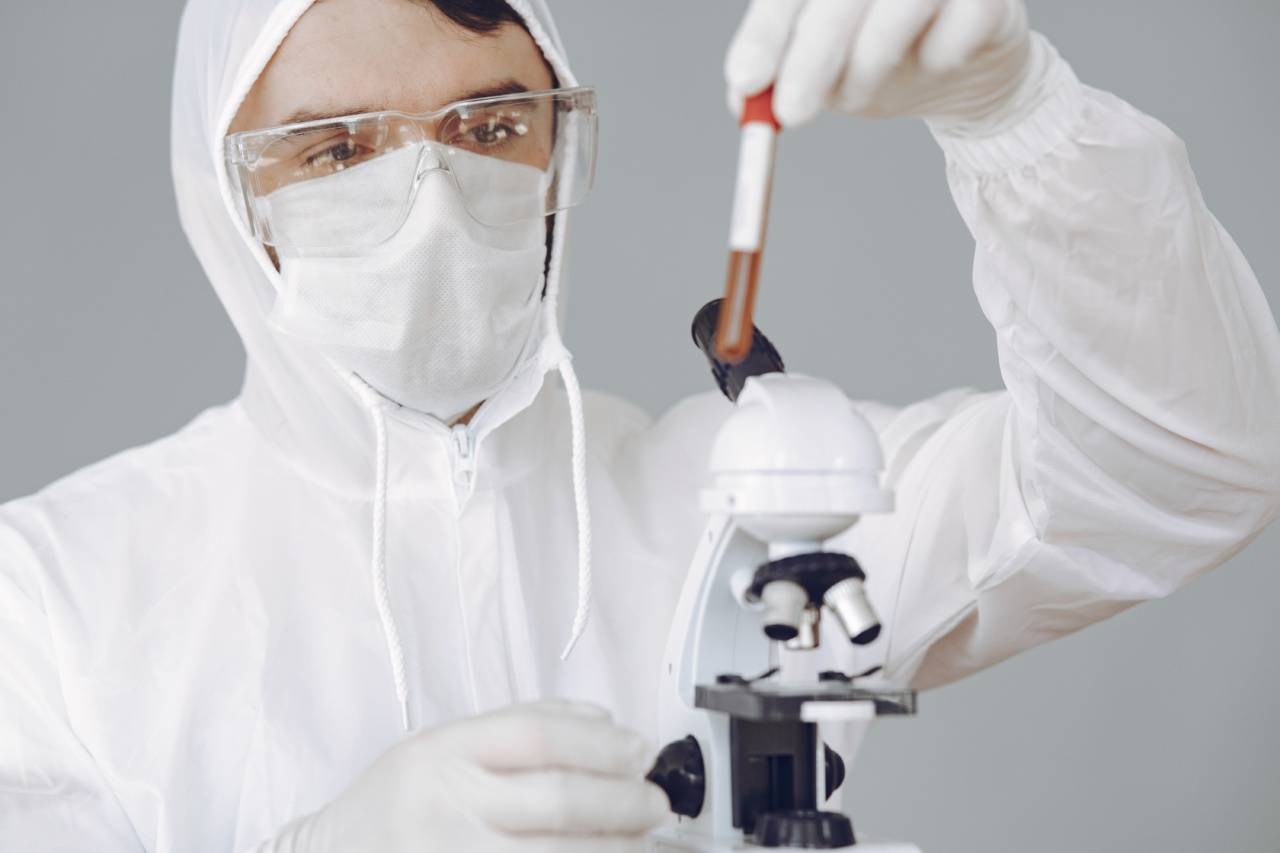Advances in medical technology have led to the development of innovative methods for detecting cancer at its early stages.
One such method involves the use of blood tests, which are non-invasive and can provide valuable insights into the presence of cancerous cells in the body. This breakthrough has the potential to revolutionize cancer diagnosis and significantly improve patient outcomes.
The Importance of Early Cancer Detection
Early detection is critical in the successful treatment of cancer. When cancer is detected at its early stages, treatment options are often more effective and less invasive.
Unfortunately, many cancers are initially asymptomatic, leading to delayed diagnosis and a poorer prognosis.
Traditional cancer screening methods, such as mammograms, colonoscopies, and biopsies, are effective but can be invasive, uncomfortable, and sometimes carry certain risks.
However, with the advent of innovative blood tests, early cancer detection has become easier and less invasive.
How Blood Tests Can Detect Cancer
Blood tests for cancer detection work by identifying specific biomarkers or substances in the blood that are indicative of the presence of cancerous cells.
These biomarkers can include proteins, genetic material, or even characteristic patterns in the blood.
One such example is the use of liquid biopsy tests, which analyze fragments of DNA or RNA present in the bloodstream. Cancer cells release their genetic material into the blood, allowing for their detection through DNA or RNA sequencing technologies.
These liquid biopsies can detect various types of cancers, including breast, lung, colorectal, and prostate cancer.
In addition to liquid biopsies, other blood tests focus on detecting specific proteins or markers associated with certain types of cancer. For instance, the prostate-specific antigen (PSA) blood test is widely used to screen for prostate cancer.
Similarly, the CA-125 blood test can help detect ovarian cancer.
These blood tests not only aid in cancer detection but can also provide valuable information about the stage and progression of the disease.
They enable healthcare professionals to develop personalized treatment plans and monitor their effectiveness over time.
Benefits of Blood Tests for Cancer Detection
The use of blood tests for cancer detection offers numerous benefits compared to traditional screening methods. Here are some notable advantages:.
1. Non-invasive and Painless
Unlike invasive procedures such as biopsies or colonoscopies, blood tests are minimally invasive and painless. A simple blood draw is all that is required, making them accessible to a wider population.
2. Early Detection
Blood tests allow for the detection of cancer at its earliest stages, when treatment is most effective. This can significantly improve patient outcomes and survival rates.
3. Monitoring Disease Progression
Blood tests can be performed at regular intervals to monitor the progression of the disease and evaluate the effectiveness of treatment. This helps healthcare professionals make informed decisions about adjusting treatment plans if necessary.
4. Reduced Healthcare Costs
Early detection through blood tests can potentially reduce healthcare costs associated with extensive treatments required at advanced stages of cancer. It allows for less invasive and more targeted therapies, resulting in improved cost-effectiveness.
5. Potential for Personalized Medicine
Blood tests provide insights into the genetic makeup of tumors, enabling the development of personalized treatment plans based on the specific characteristics of each patient’s cancer. This can lead to more tailored and effective therapies.
Challenges and Limitations
While blood tests for cancer detection show great promise, there are still some challenges and limitations associated with their use.
1. False Positives and False Negatives
As with any diagnostic test, blood tests can produce false positives or false negatives. False positives can cause unnecessary anxiety and may lead to further invasive procedures for confirmation.
False negatives can result in delayed diagnosis and treatment initiation.
2. Specificity and Sensitivity
The accuracy of blood tests in detecting cancer can vary depending on the type and stage of cancer. Some blood tests may lack specificity and can indicate the presence of cancer when it is not present.
3. Standardization
Standardizing blood tests across different laboratories is crucial to ensure consistent and reliable results. Efforts are being made to establish guidelines and protocols for the interpretation of blood test results.
4. Cost
While blood tests offer potential cost savings in the long run, the initial cost of developing and implementing these tests may be high. Affordability and accessibility may be a challenge, particularly in resource-limited healthcare settings.
The Future of Cancer Detection
Blood tests for cancer detection represent a significant step forward in the early diagnosis and treatment of cancer. Researchers continue to explore new biomarkers and technologies to enhance the accuracy and reliability of these tests.
Advancements in artificial intelligence and machine learning may also play a role in improving the interpretation of blood test results.
These technologies can analyze large amounts of data and identify patterns that may not be apparent to human observers, further enhancing the effectiveness of blood tests in detecting cancer.
While blood tests will not replace other screening methods entirely, they offer a valuable complement to existing diagnostic tools.
Their non-invasive nature and ability to detect cancer at its early stages make them a promising addition to the arsenal of medical professionals fighting against this deadly disease.




























